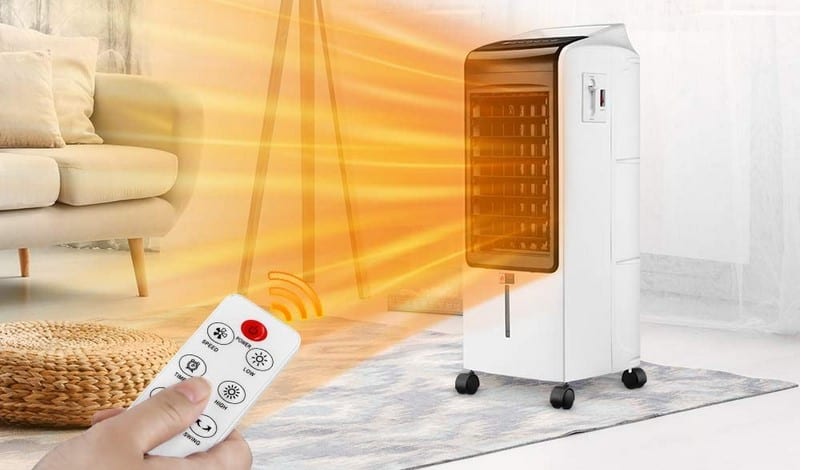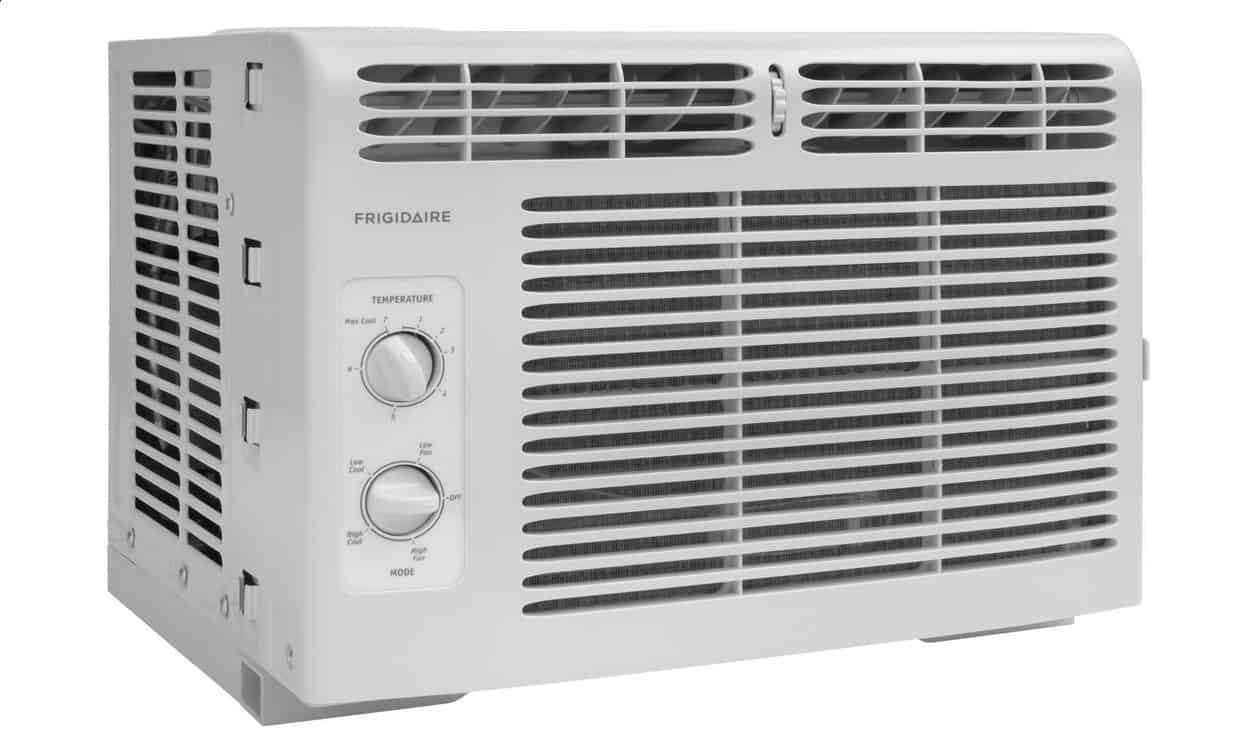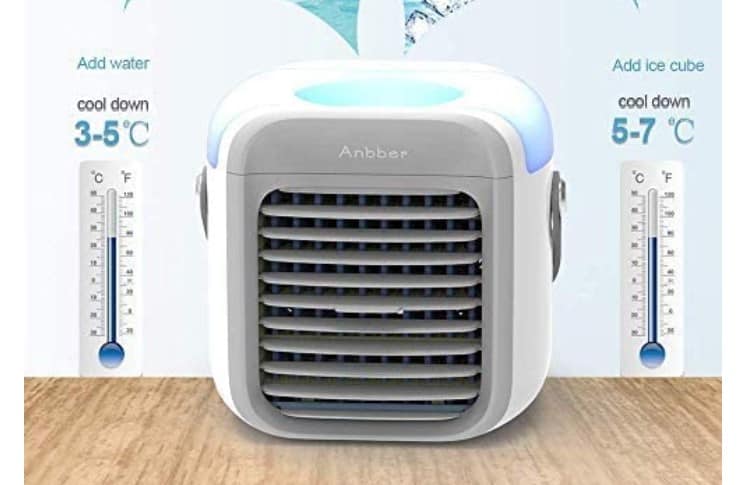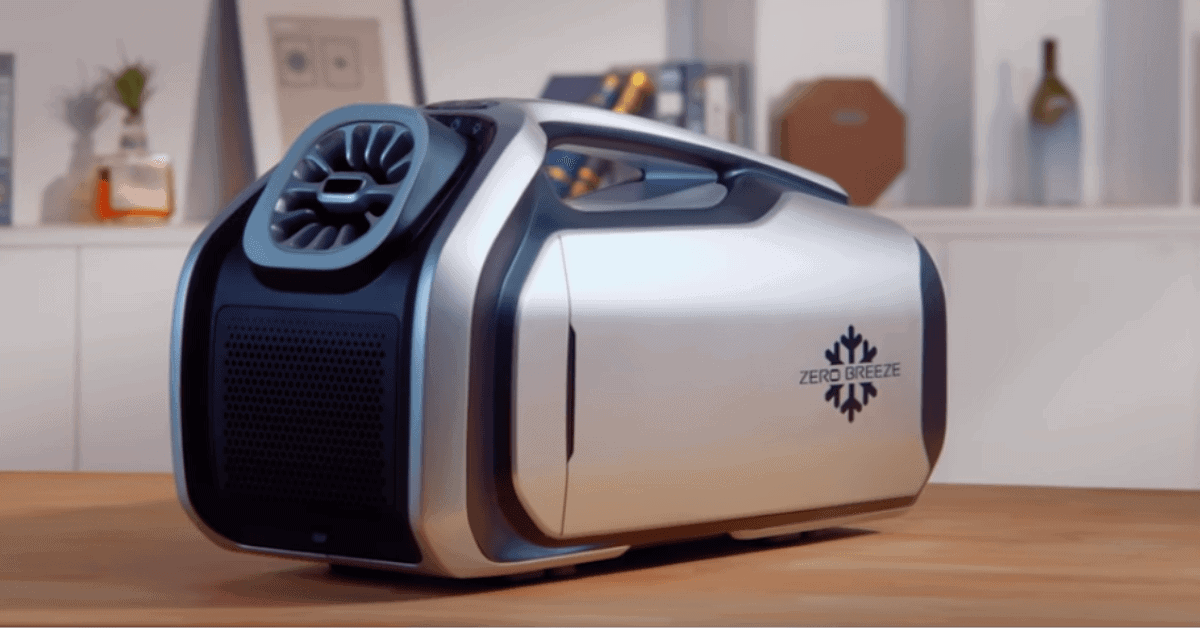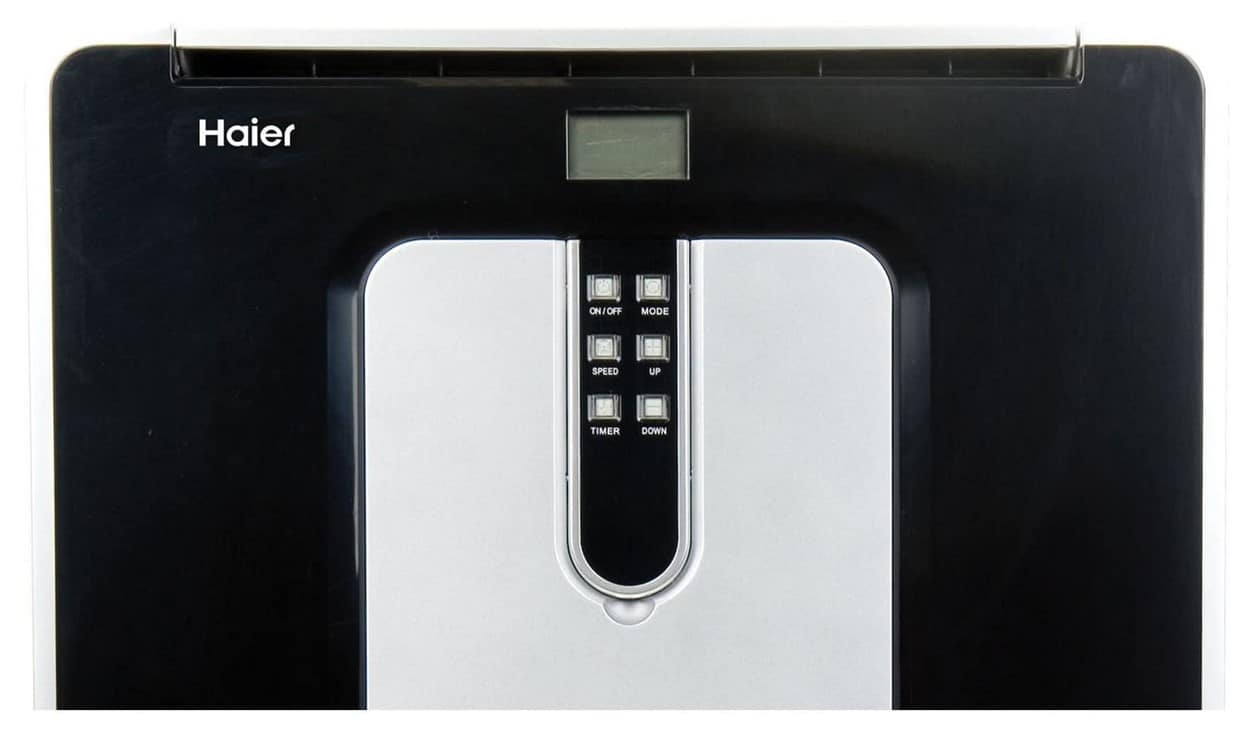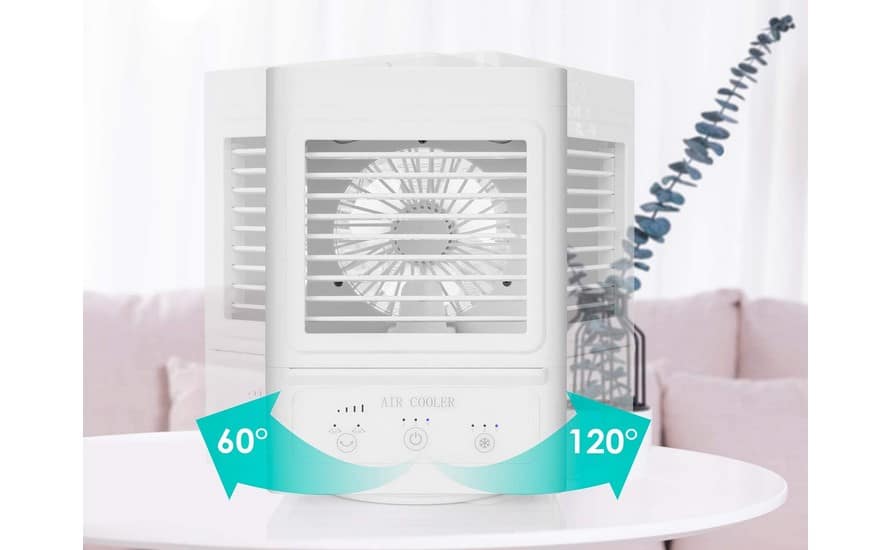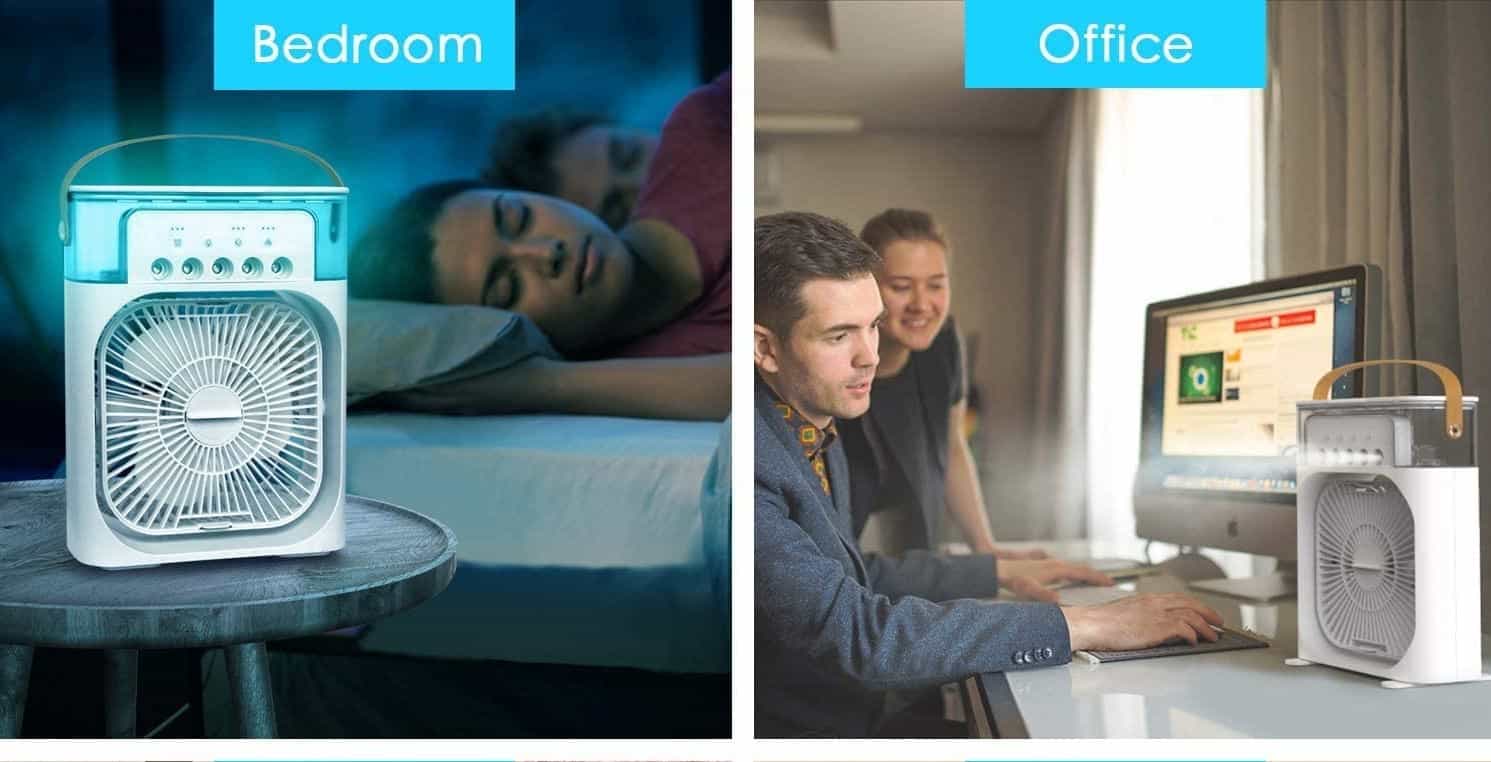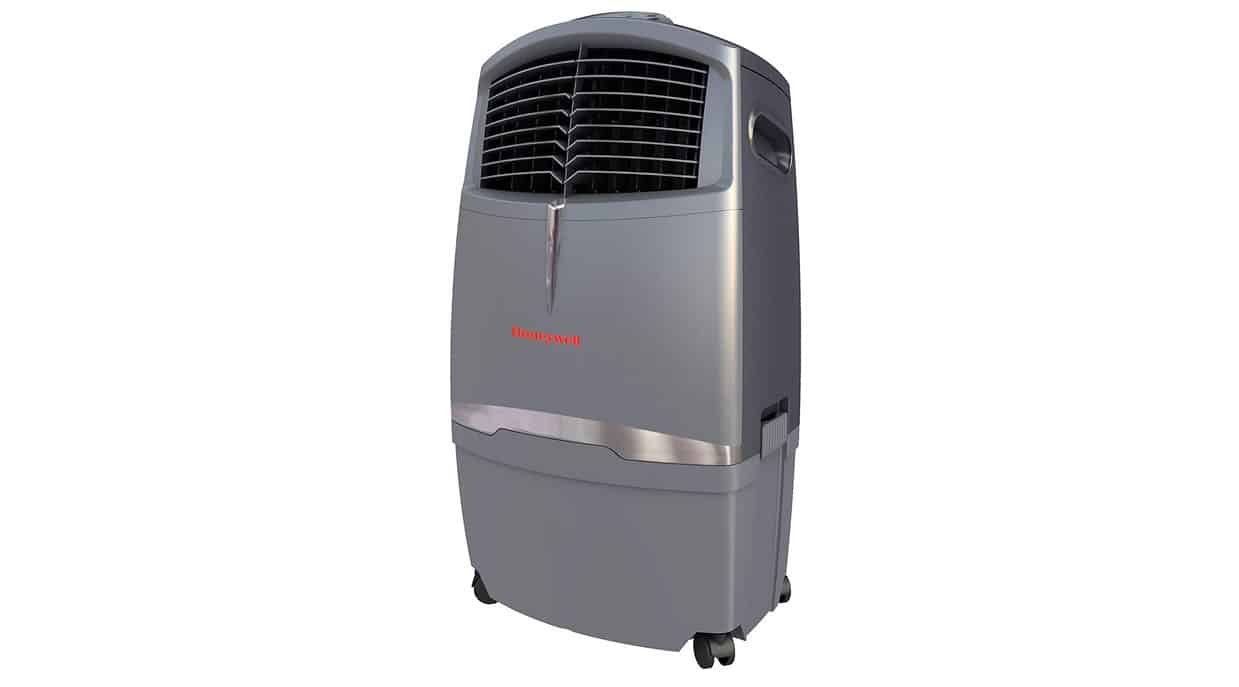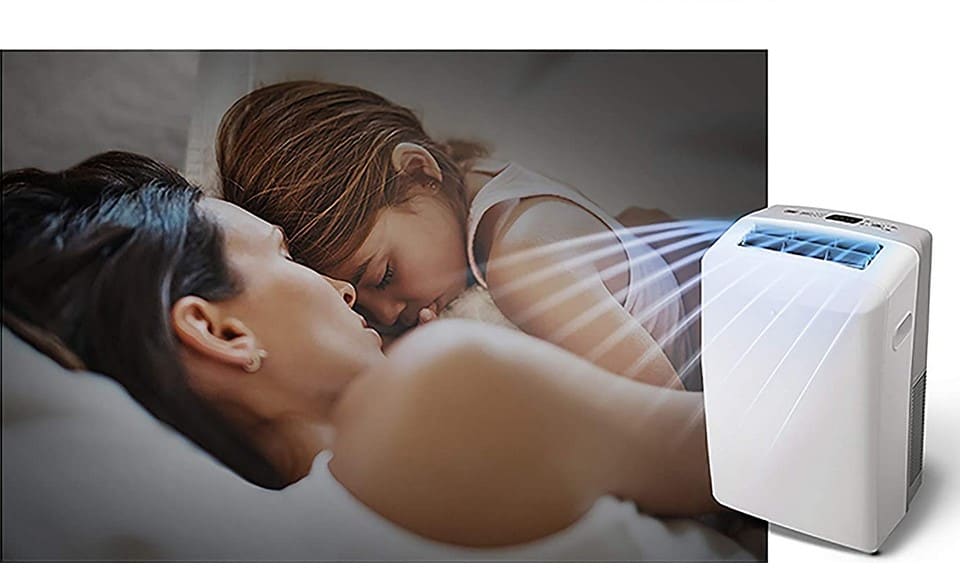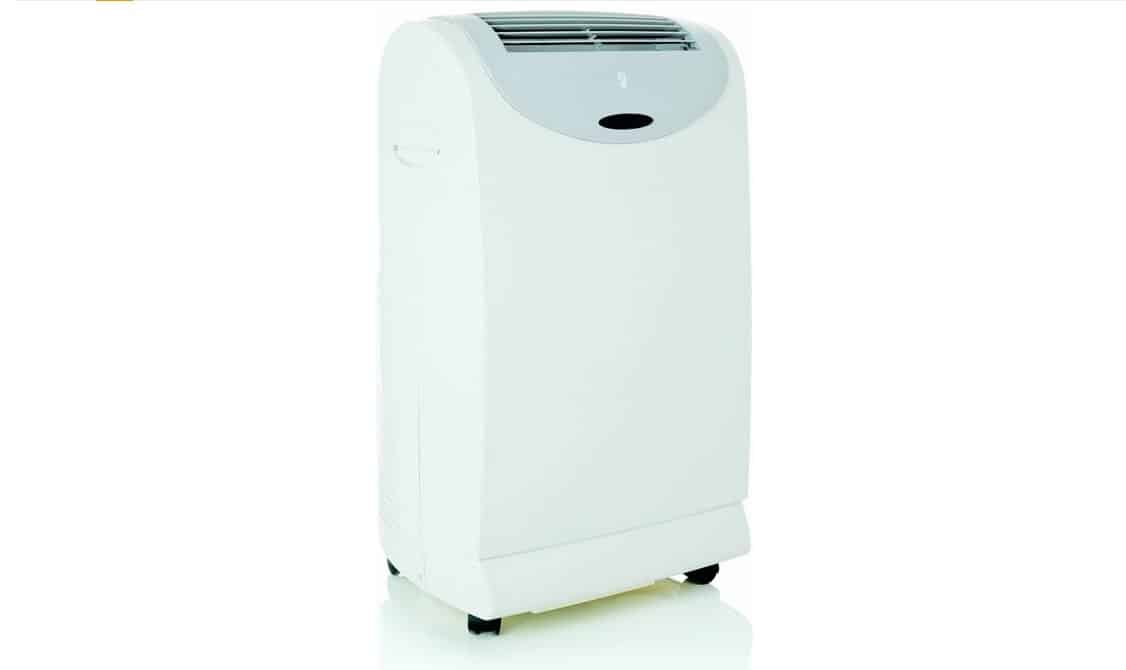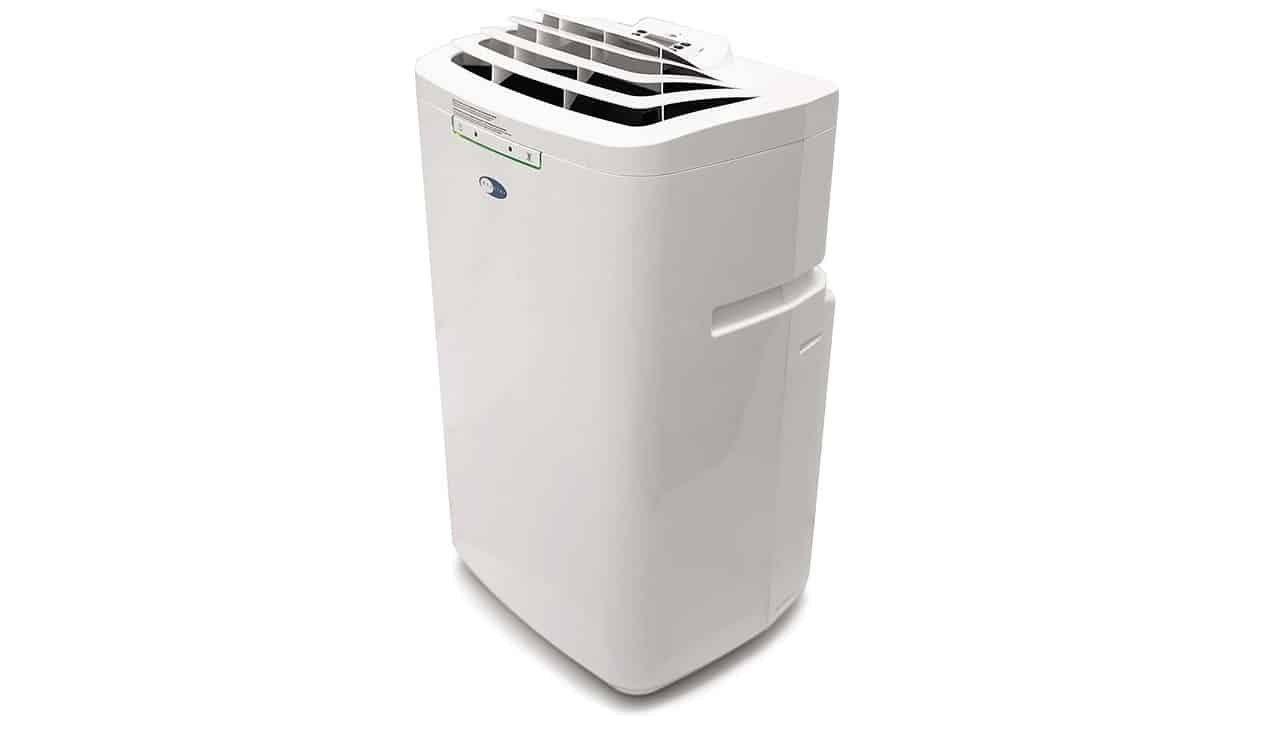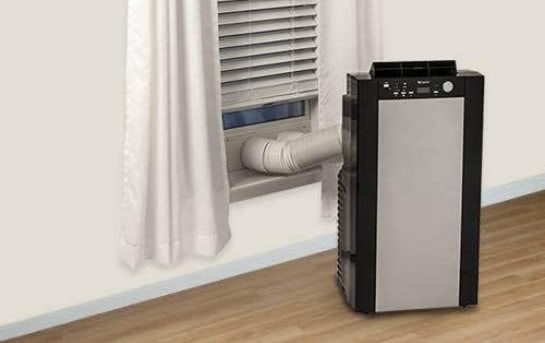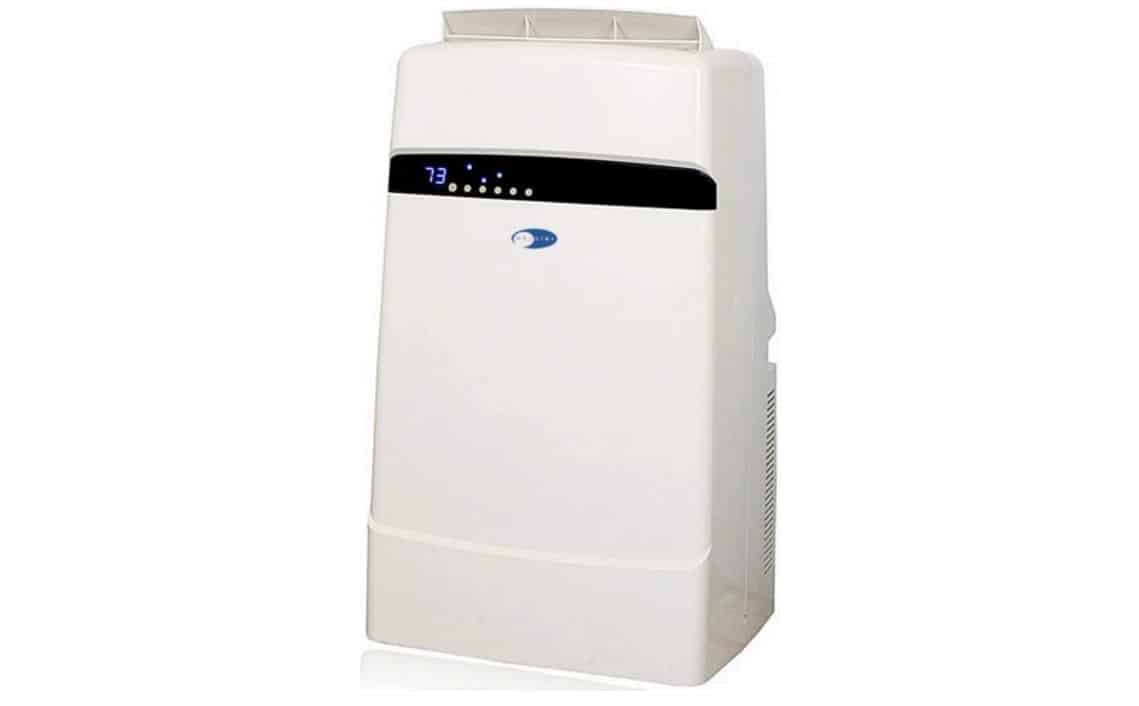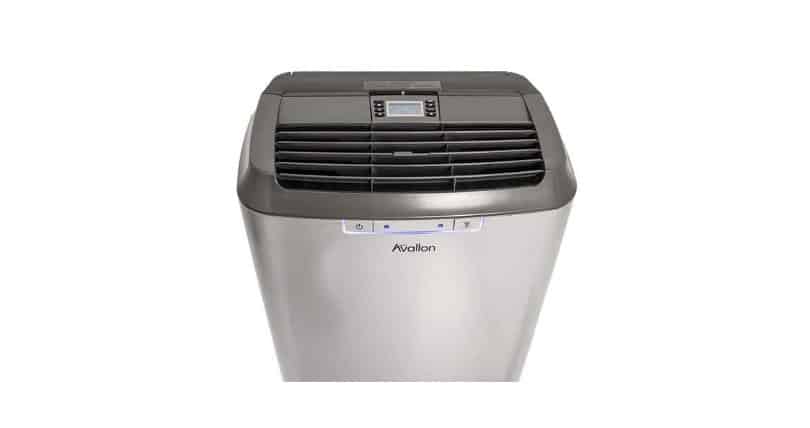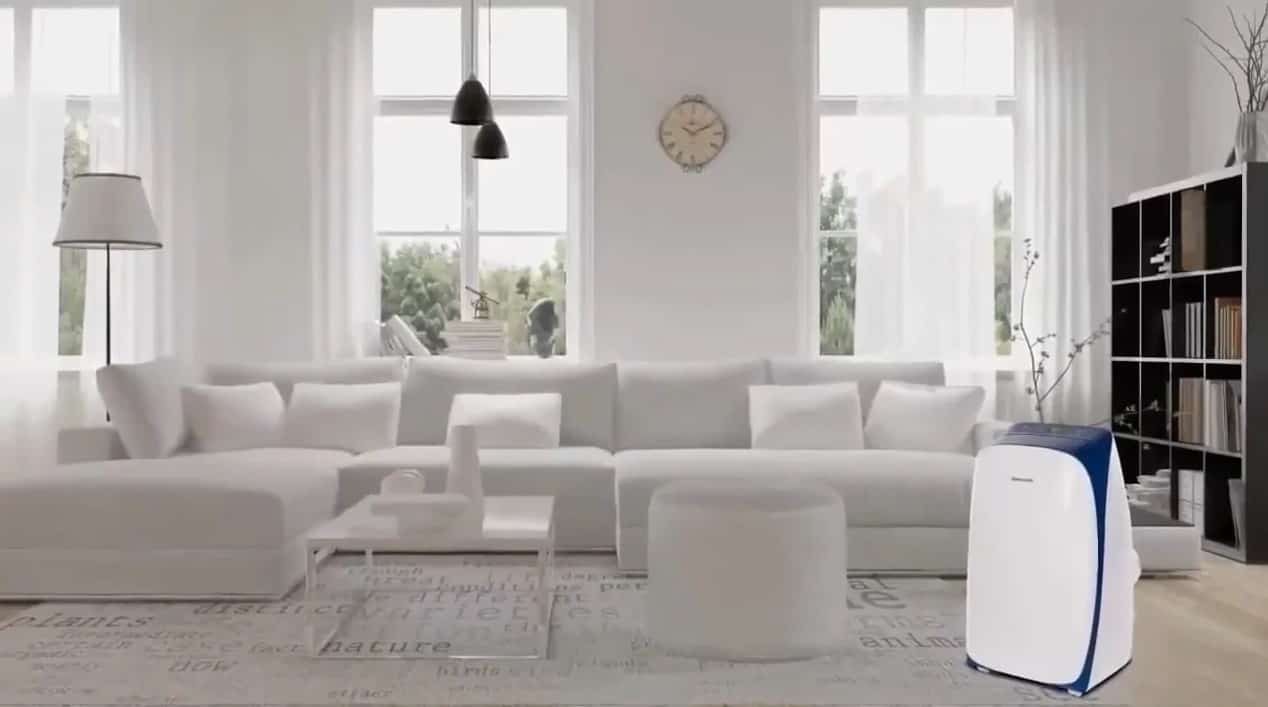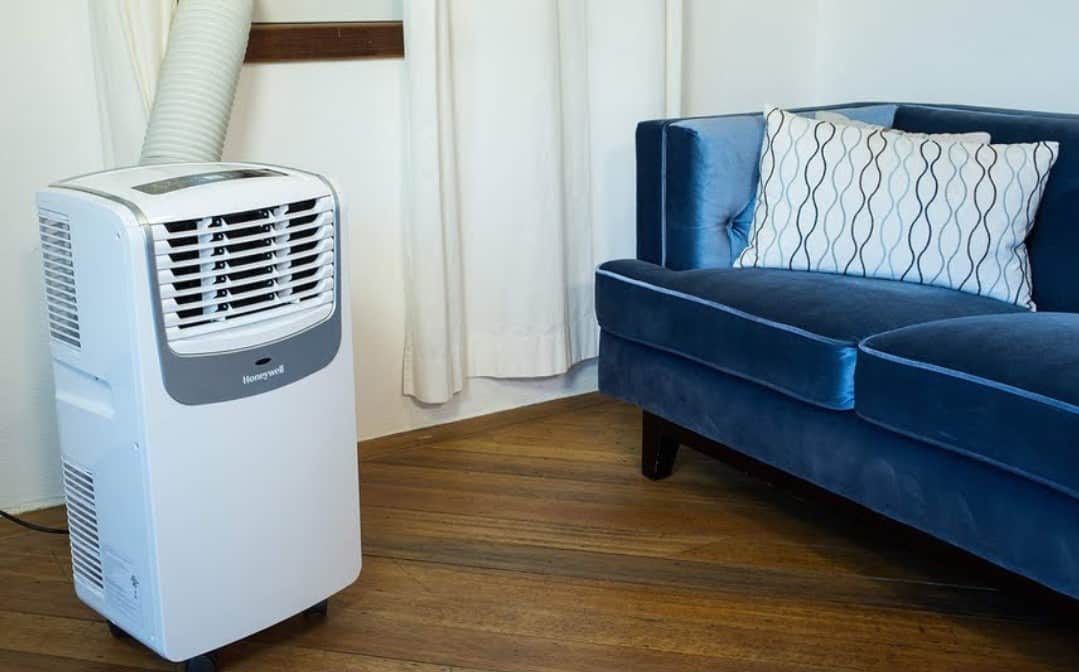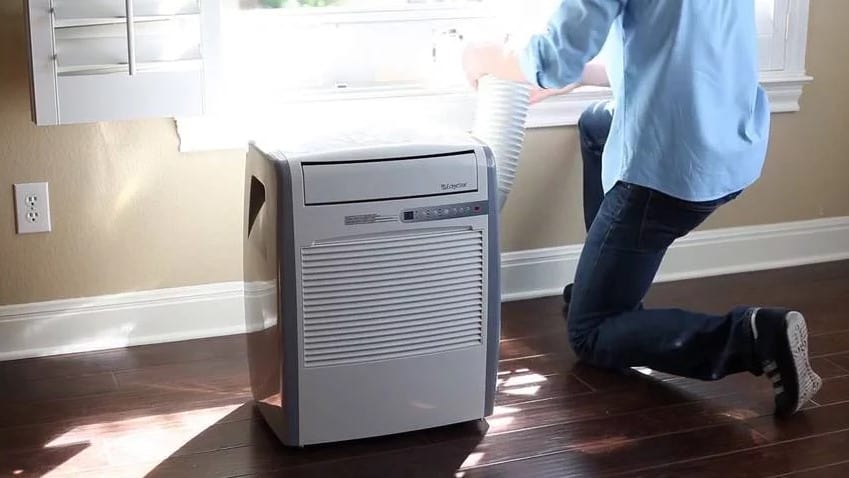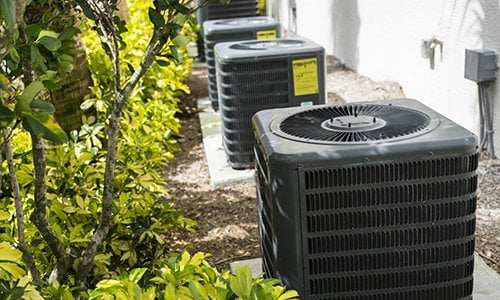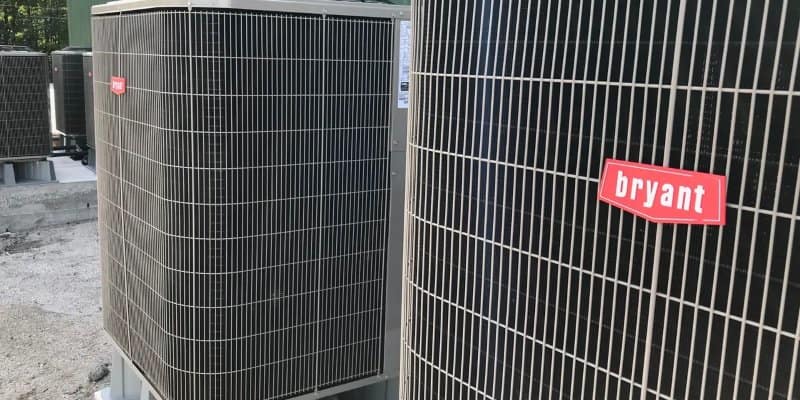If you are new to the wide world of indoor cooling, you may wonder “how do I fix an air conditioner.” Even the best air conditioners, after all, are susceptible to a variety of repair and maintenance issues. So what are the primary issues impacting AC units and how can you prevent or repair them? Keep reading to find out.
KEY TAKEAWAYS:
- Air conditioning units are susceptible to many problems, most of which can be prevented by practicing proper maintenance.
- Make sure to replace or clean the air filters as indicated by the instructions and keep the various parts clean, such as the evaporator coil. Also, check the refrigerant levels.
- If your AC won’t power on or won’t stay powered on, try resetting the circuit breaker or the fuse. For serious issues, like a refrigerant leak in an outdoor unit, contact a pro.
AC Repair Issues
There is no one-size-fits-all repair process for air conditioning units, as they each have their own quirks and common maintenance issues. In other words, if you are wondering why your air conditioner is not cooling the house, there are dozens of potential answers. With that in mind, it can be helpful to learn how an air conditioner works. Beyond that, here are some common maintenance tasks worth considering to get your AC working again.
Insider Tip
Don’t forget to arrange for a yearly inspection of your HVAC system, as this will certainly reduce the need for repairs.
Clean Everything
Perform regular cleaning tasks to ensure your AC keeps working throughout multiple summers. If you wonder how long an air conditioner compressor lasts, the answer is years with proper maintenance and cleaning. When cleaning air conditioner parts, go slowly and gently, and use a microfiber cloth and a light brush. Generally speaking, clean your AC from top to bottom once every few months.
Replace Filters
If your AC’s air filters are clogged or dirty, it will result in a drastic reduction in efficiency and leads to more serious issues down the road. Replace the dirty filter as indicated by the instructions. In most cases you should replace the air filter every two to three months, depending on how often you use the air conditioning unit. As a note, not all air filters should be disposed of and replaced, as some can be cleaned by following the manufacturer’s instructions.
Reset the Circuit Breaker
Air conditioners, particularly central air conditioning units, are energy hogs, so if your AC is not working it could simply be a matter of a blown fuse or circuit breaker. Head over to your circuit box and give the whole system a quick reset. You’d be surprised how often this fixes the problem, particularly when your unit won’t power on or won’t stay powered on.
Call in a Pro
For serious issues, call in a professional repair technician. Do not attempt any DIY fixes unless you are experienced with air conditioners and their various parts.
F.A.Q.S
Need a new AC?
If you are purchasing a new AC, go for an efficient model to reduce your energy bills. Otherwise, pick whatever model fits best into your lifestyle.
How to test your repairs?
Testing your central air conditioner repairs is rather simple. Power on the central air conditioning system, adjust the temperature settings, and wait for the indoor temperature to adjust.
How do I fix my frozen air conditioner?
This is likely due to a frozen evaporator coil, so check the instructions that accompanied your central air conditioning system and clean the coil or replace it as indicated.
STAT: Clogged, dirty filters reduce the amount of airflow and significantly reduce a system’s efficiency. (source)
REFERENCES:
- https://www.geappliances.com/ge/service-and-support/airconditioners.htm
- https://www.carrier.com/residential/en/us/products/air-conditioners/air-conditioner-service/air-conditioner-not-cooling/r
- https://www.energy.gov/energysaver/maintaining-your-air-conditioner
- https://www.energy.gov/energysaver/common-air-conditioner-problems

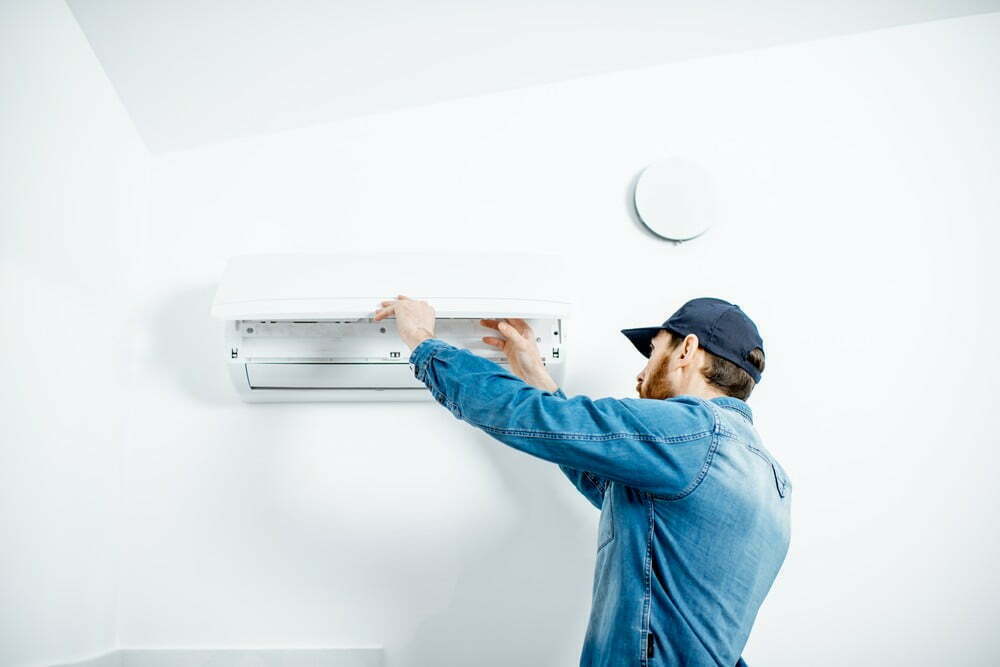













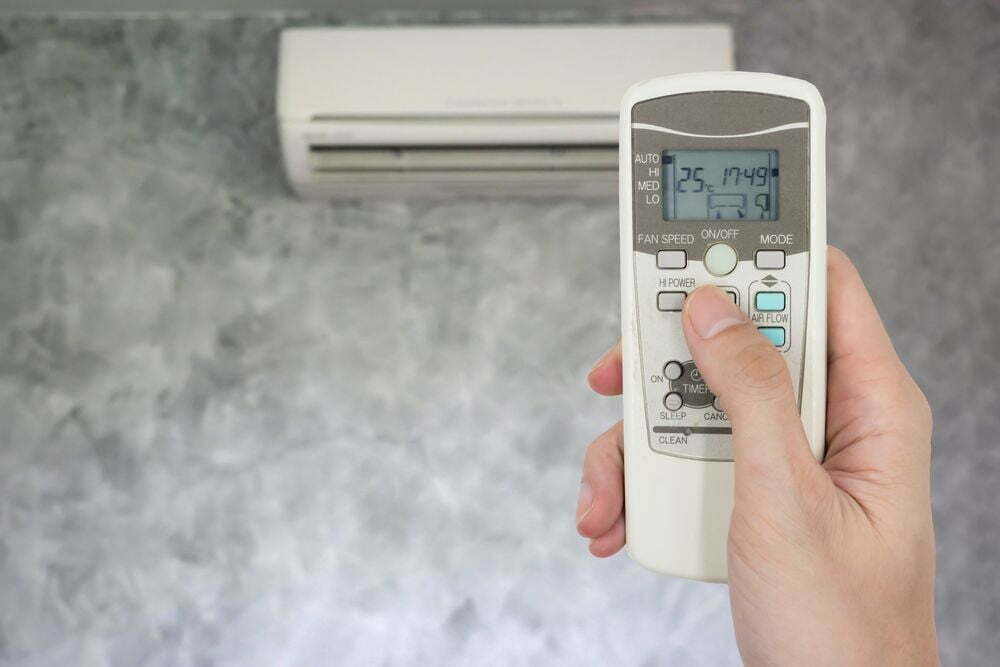
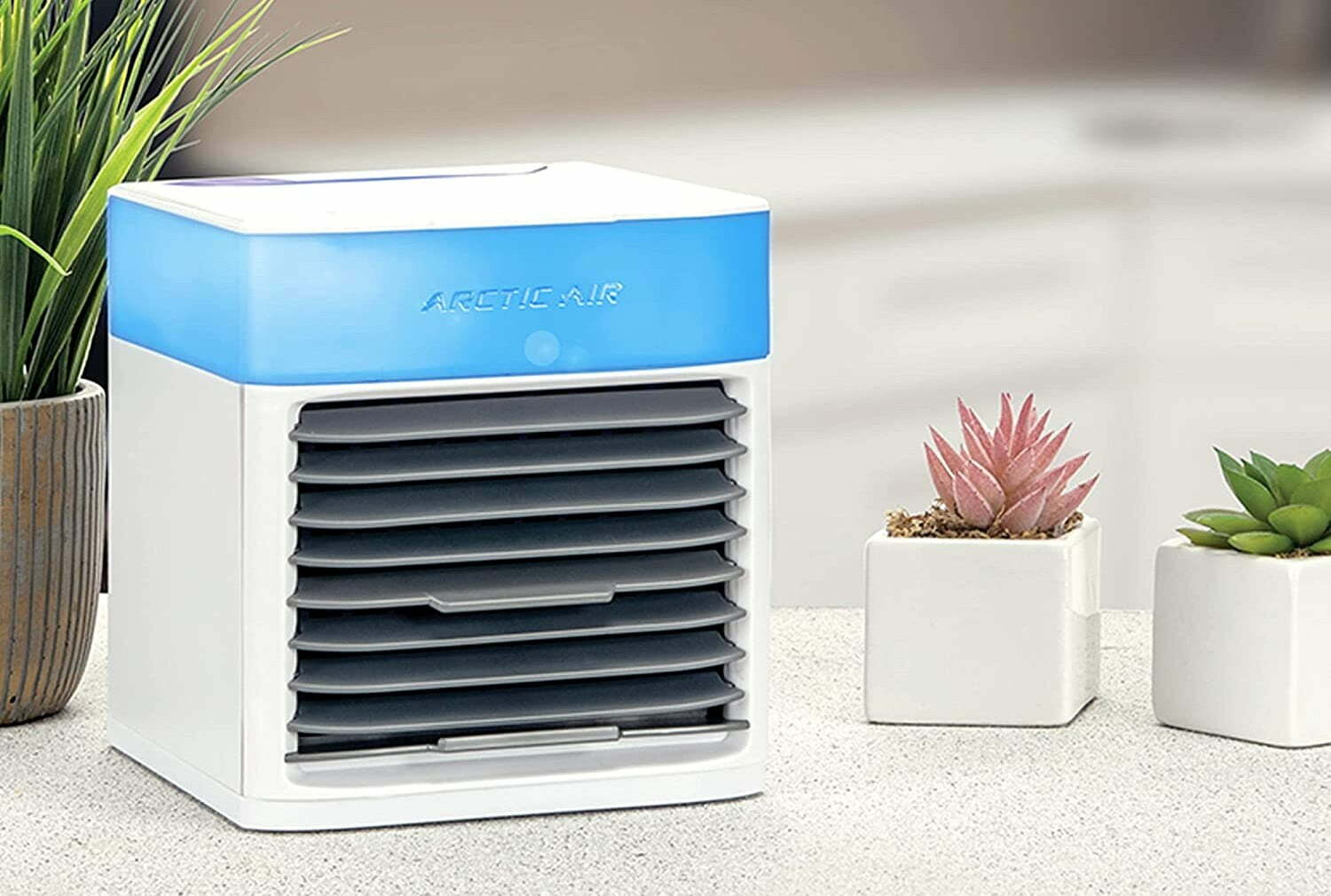
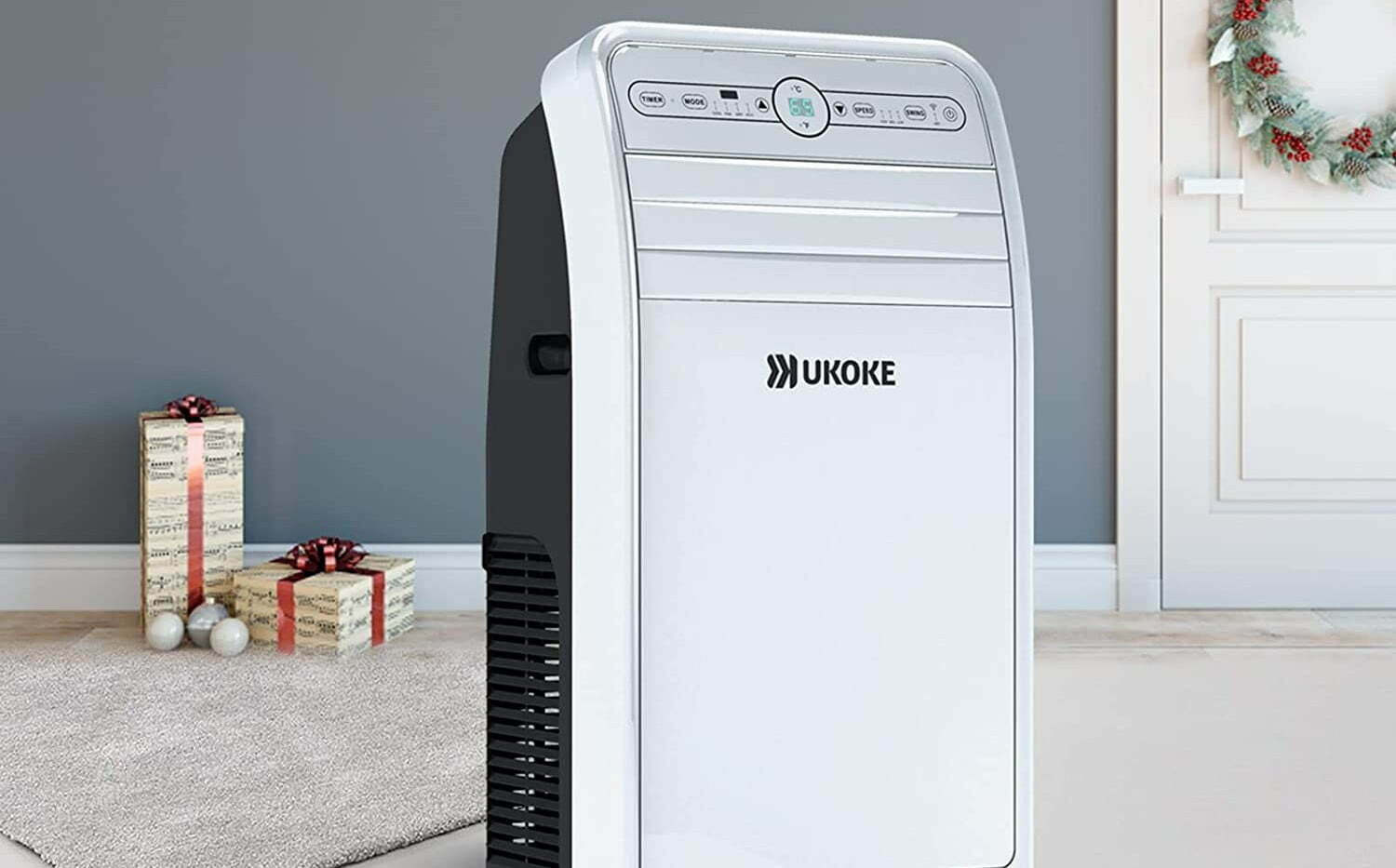
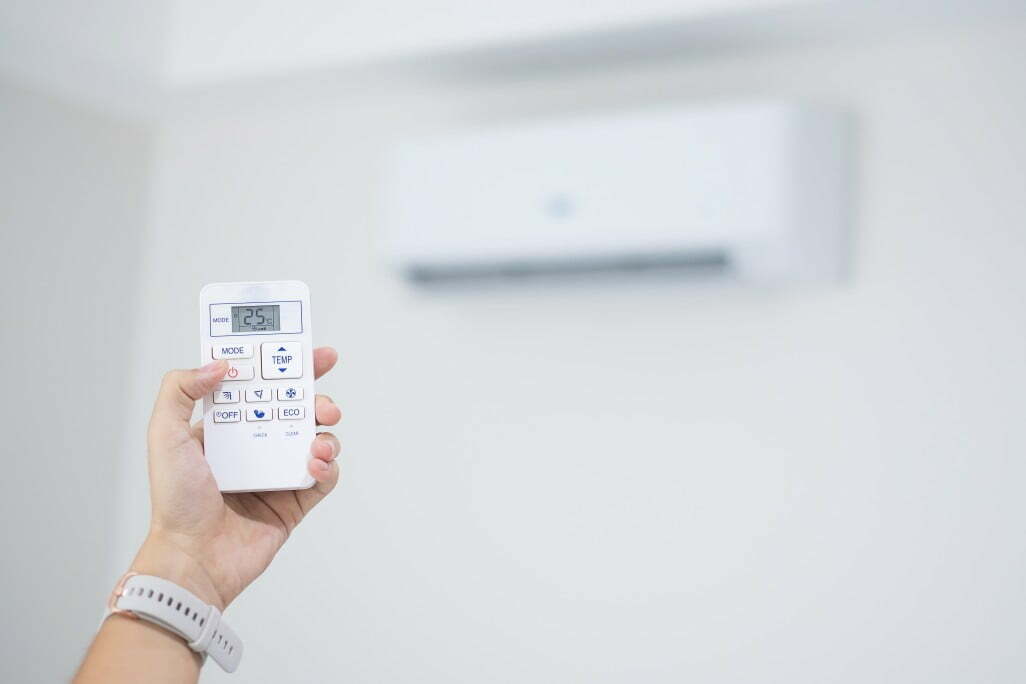
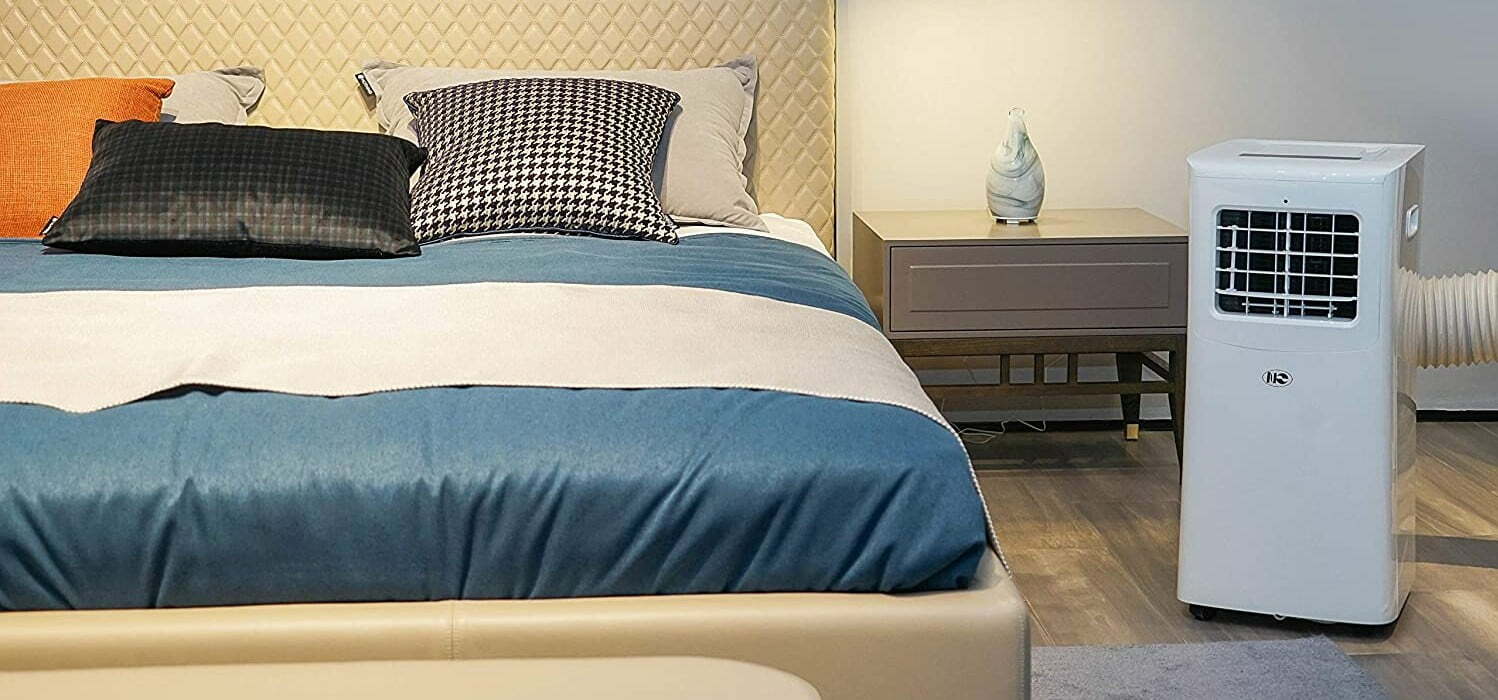
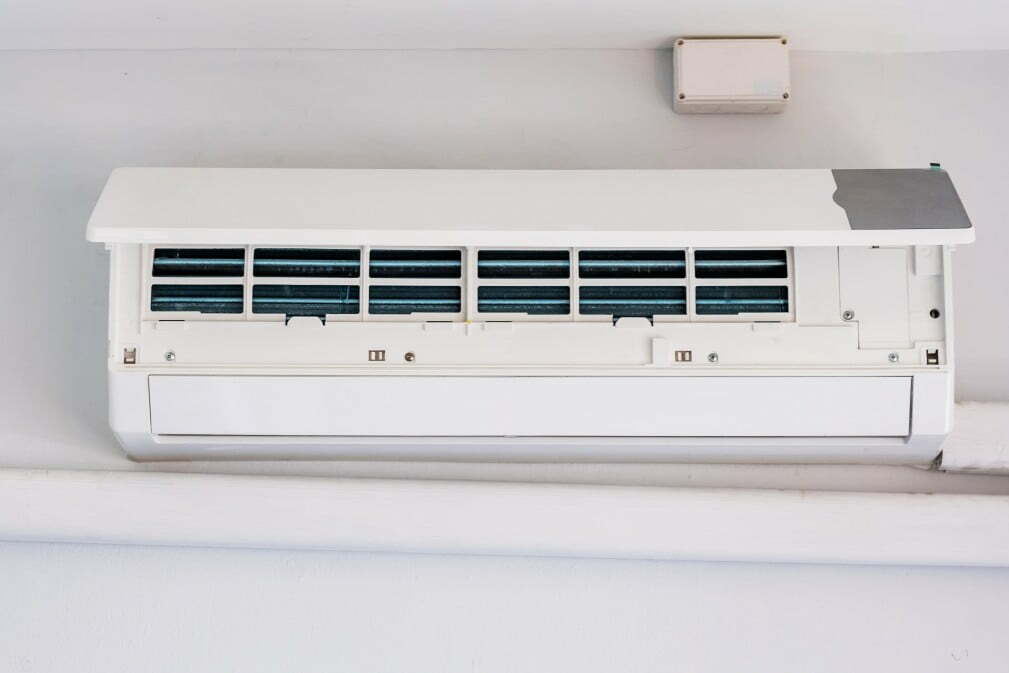
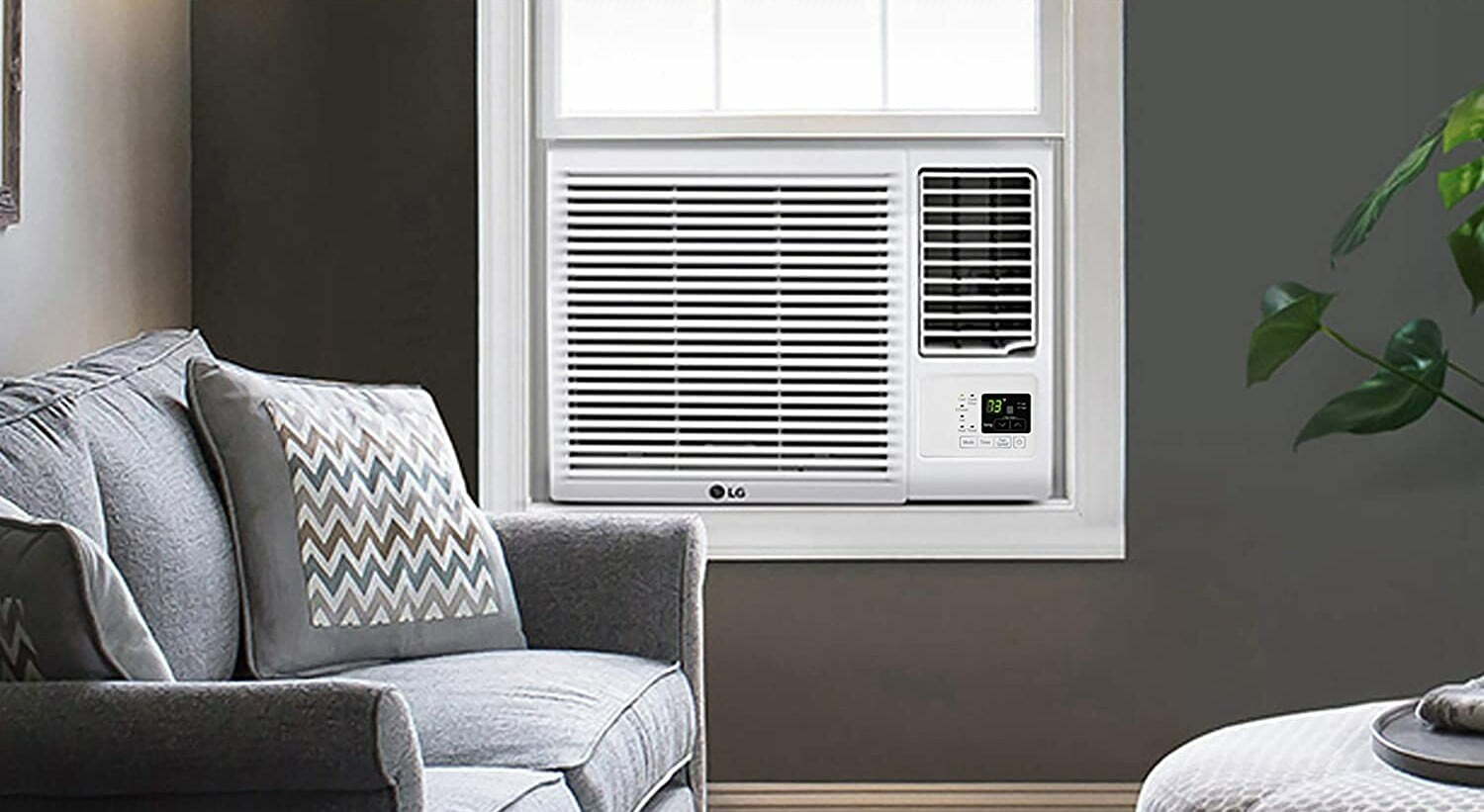
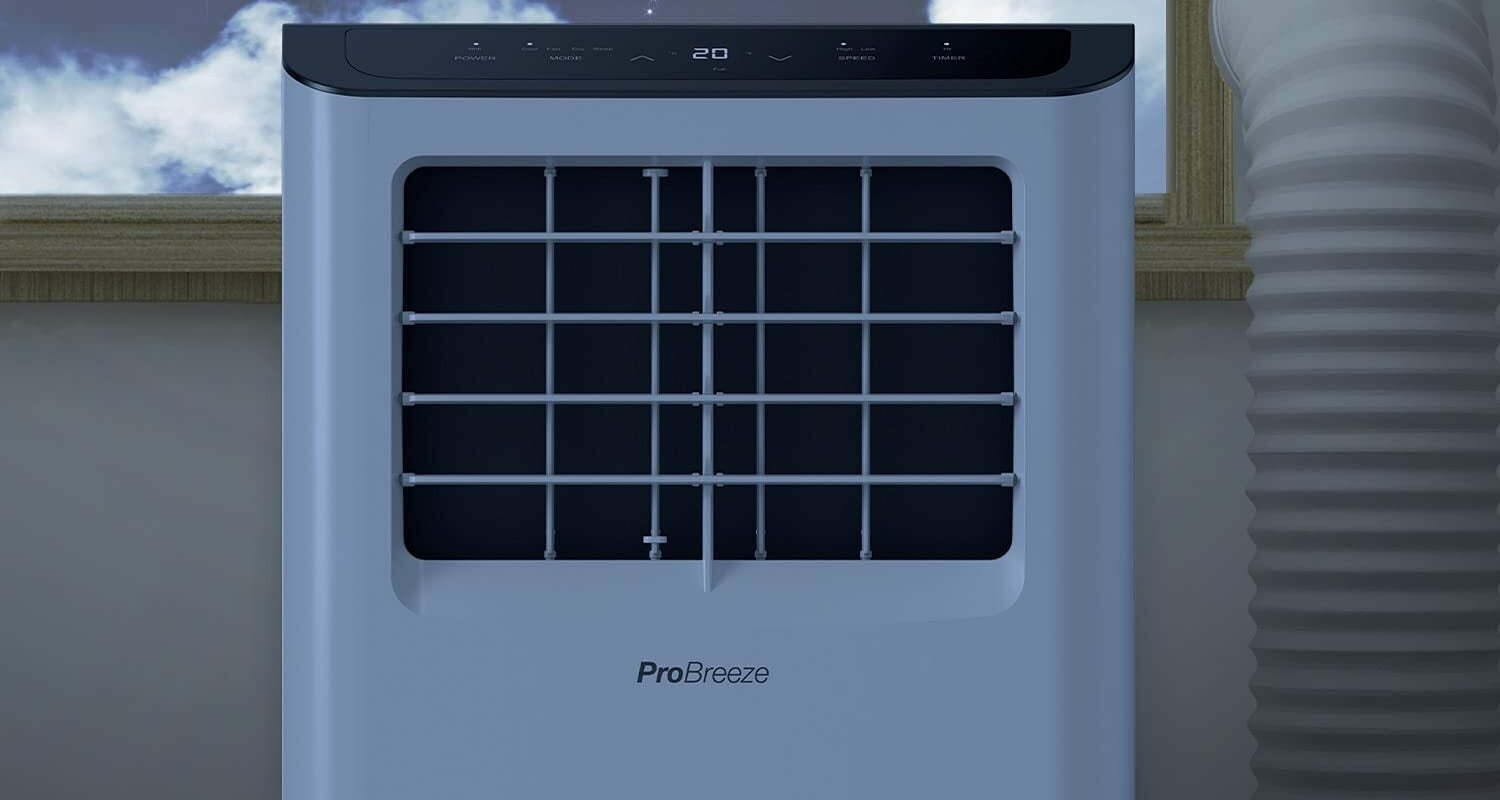
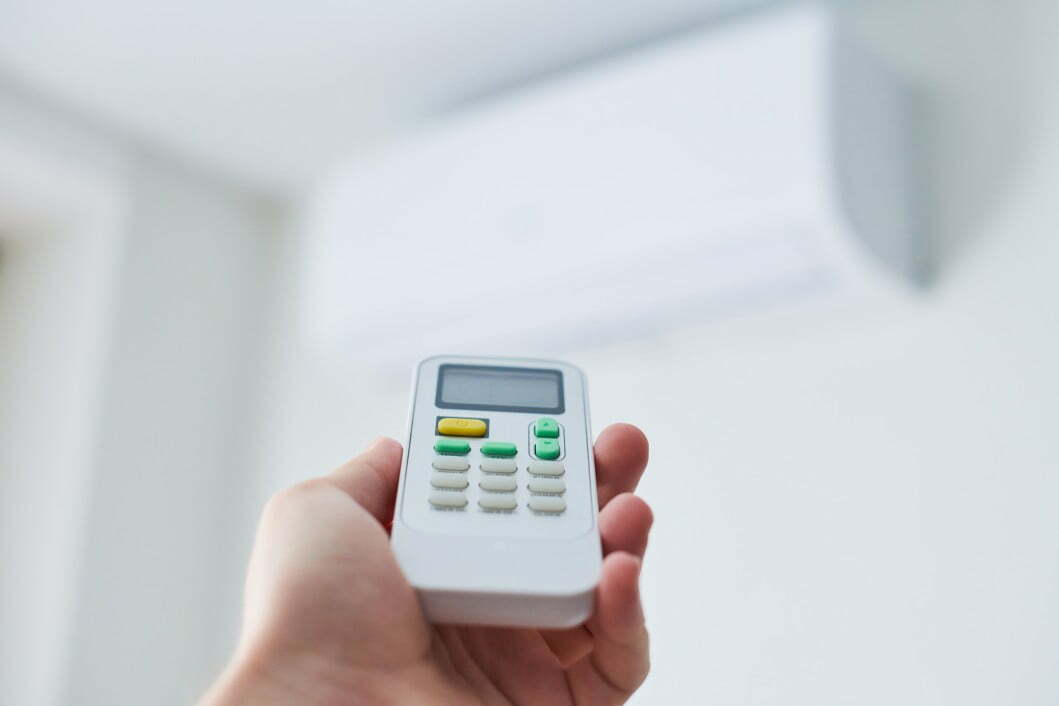
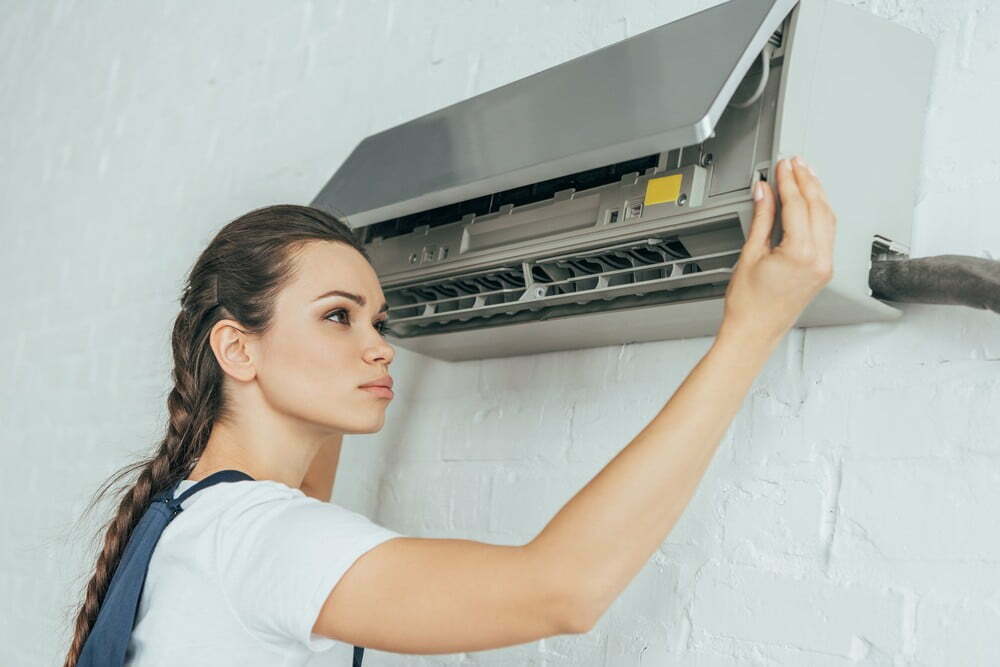
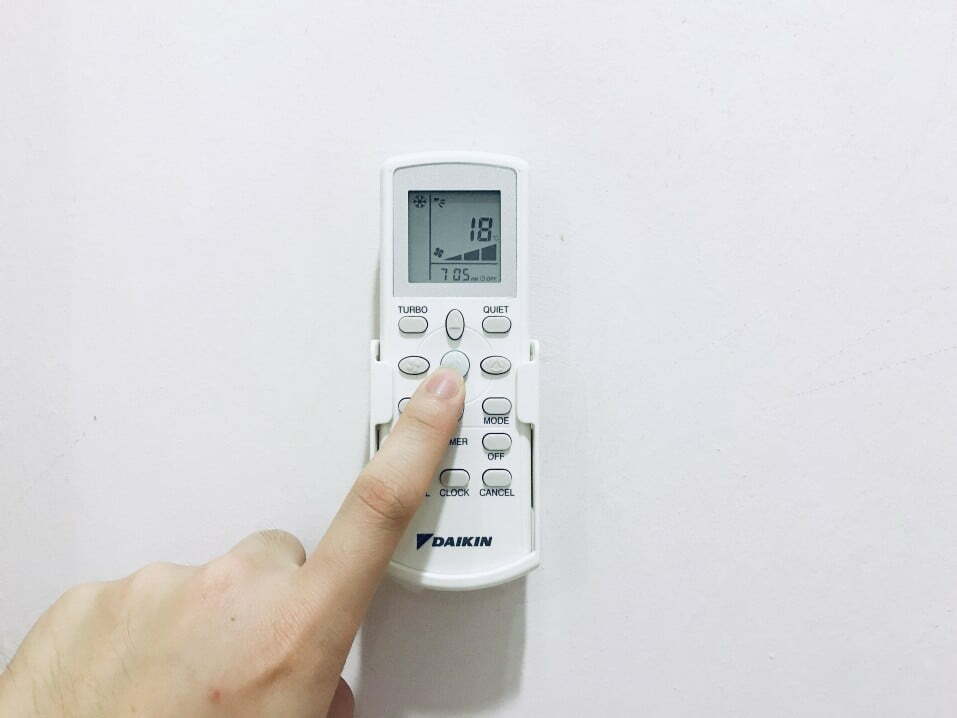
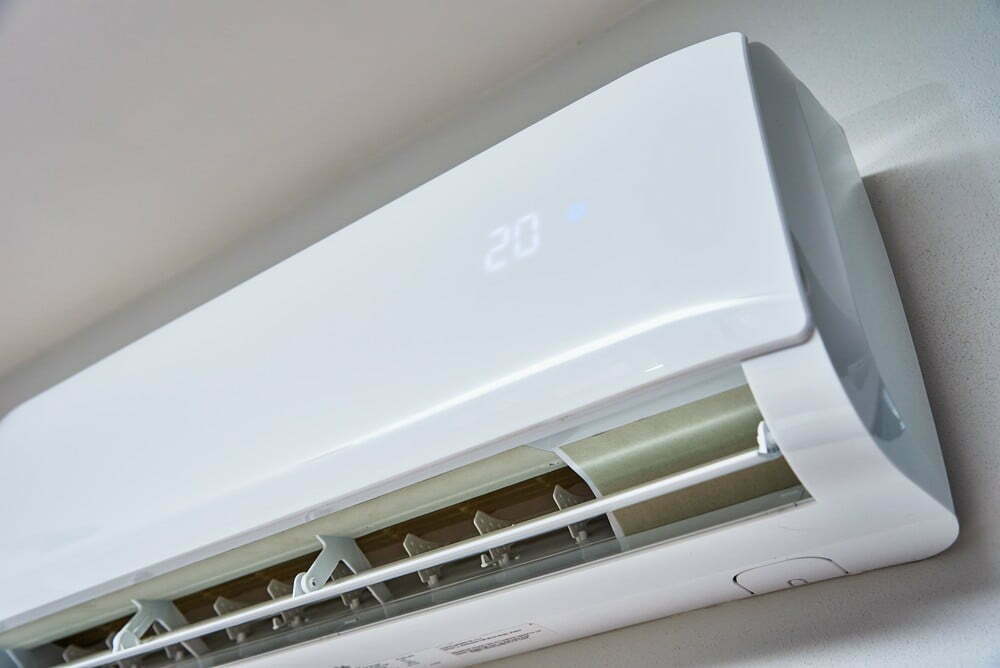
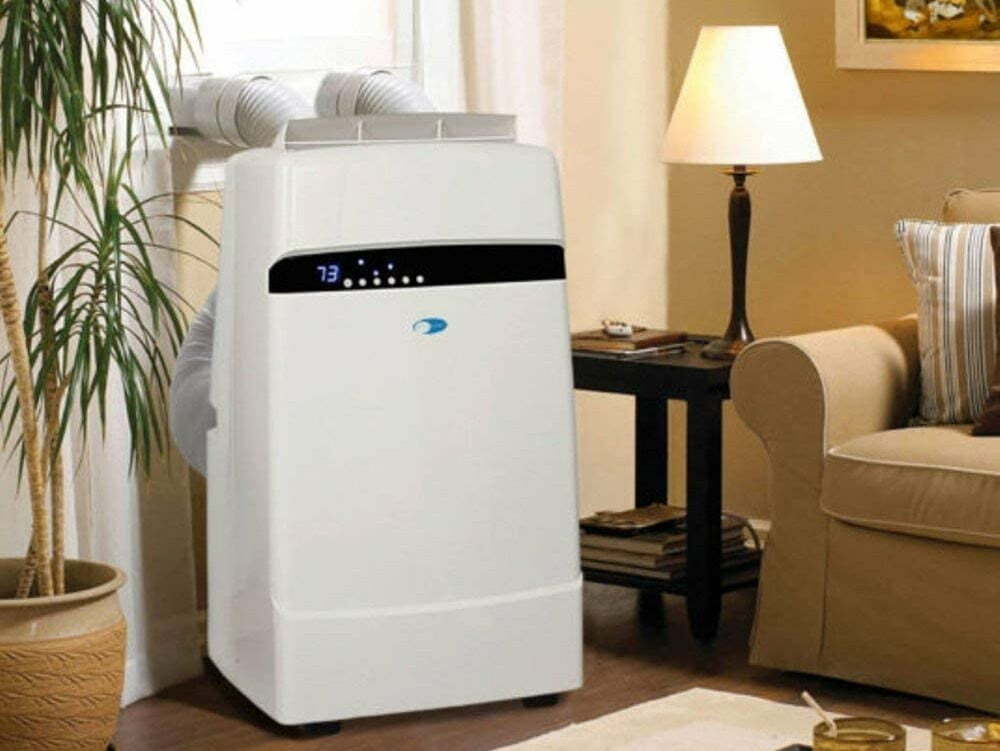
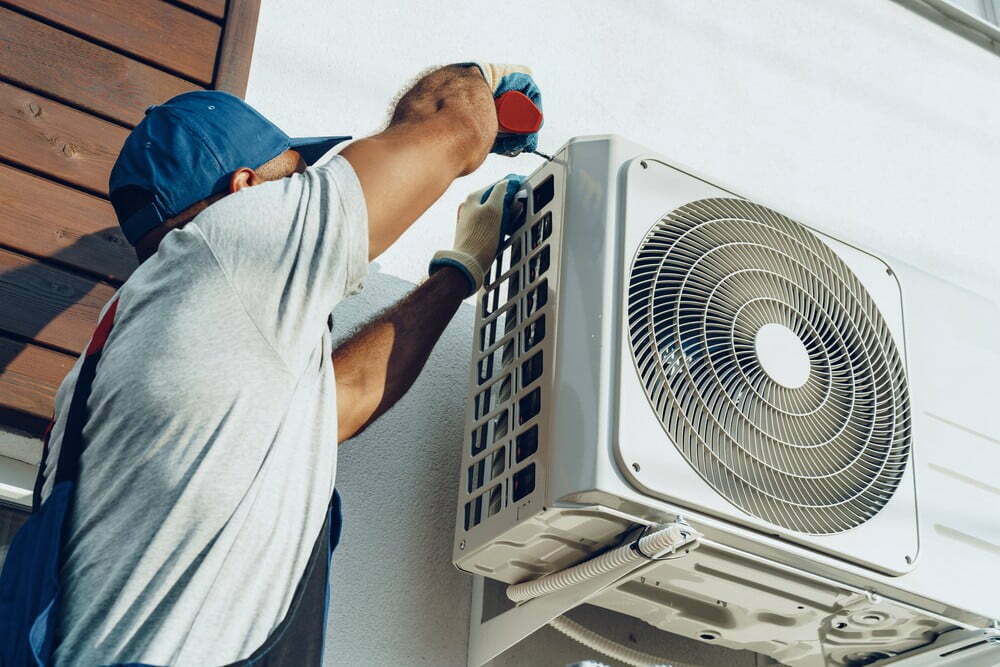
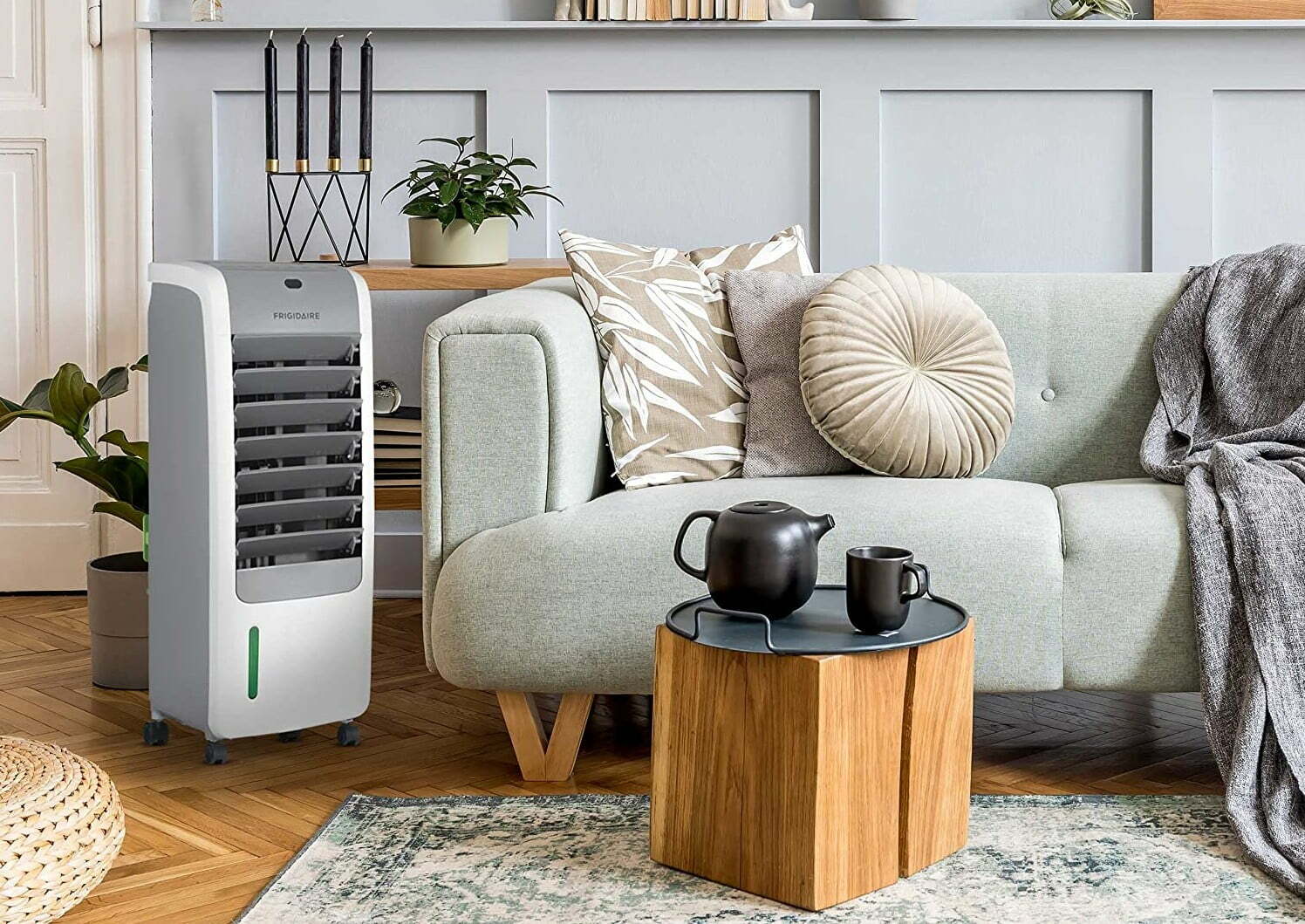
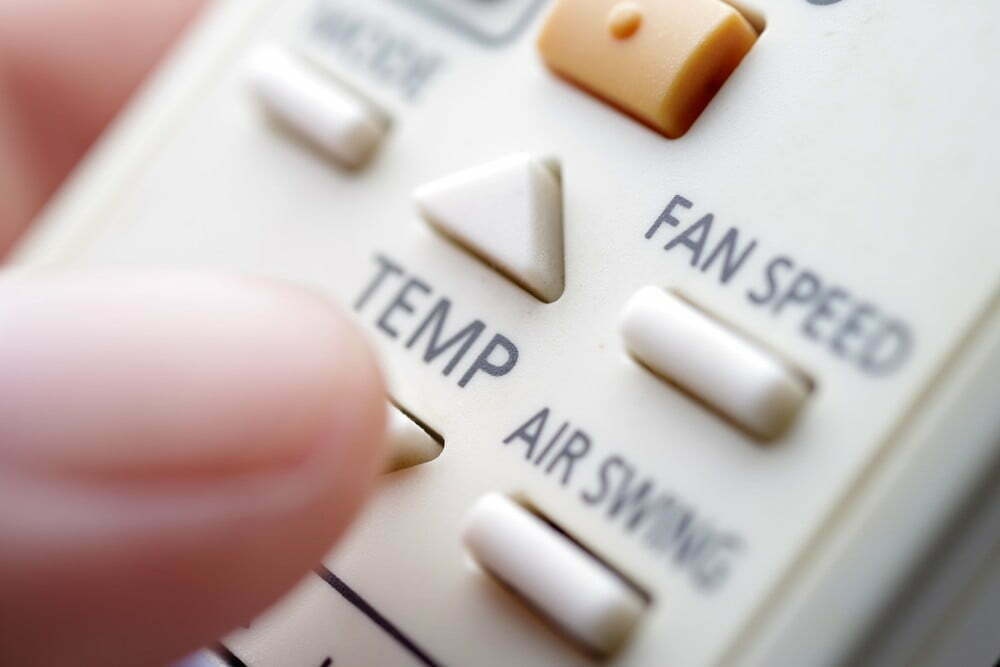
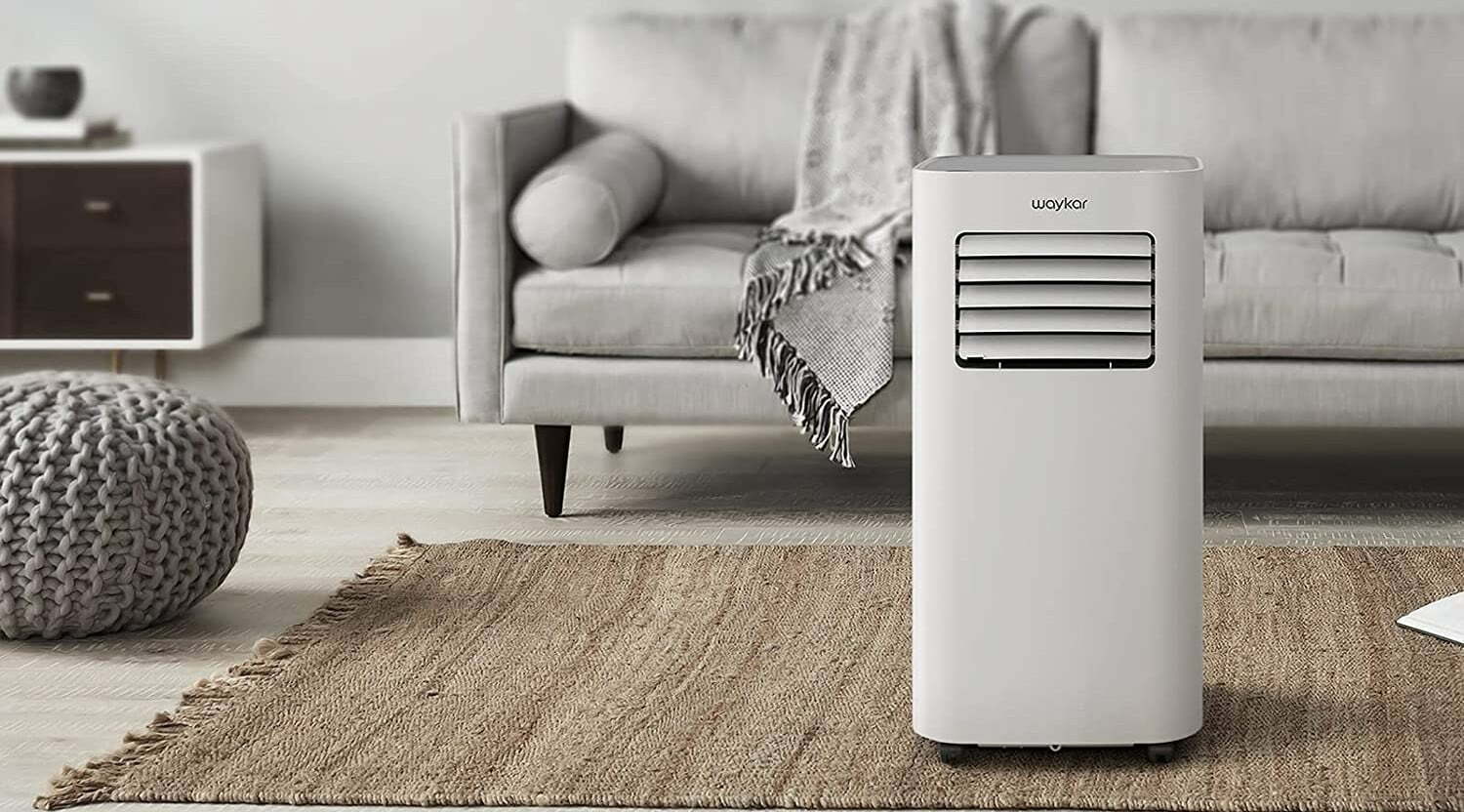
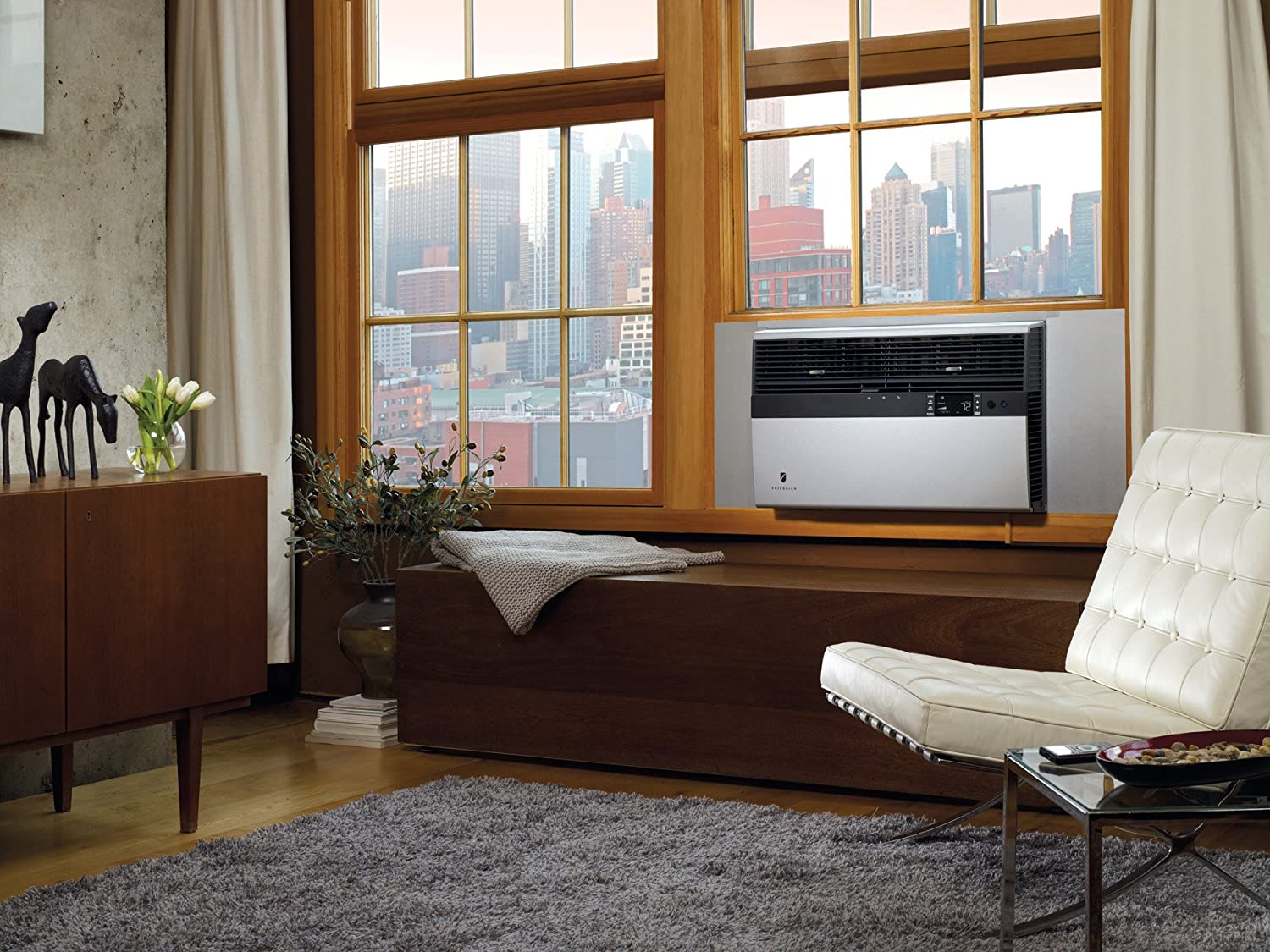
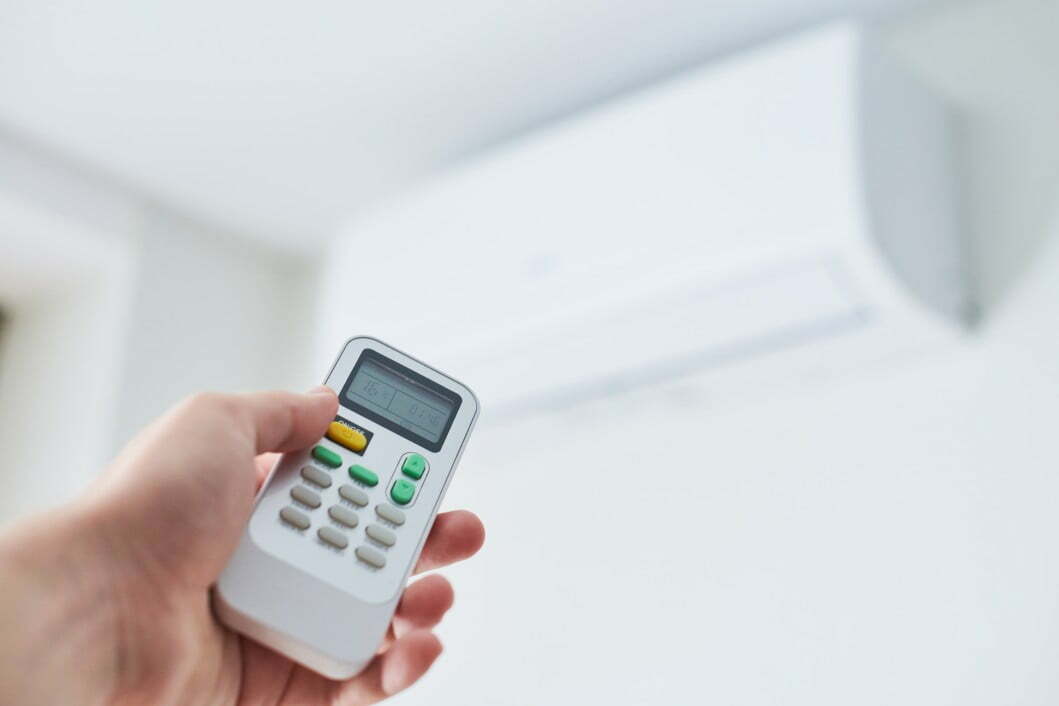
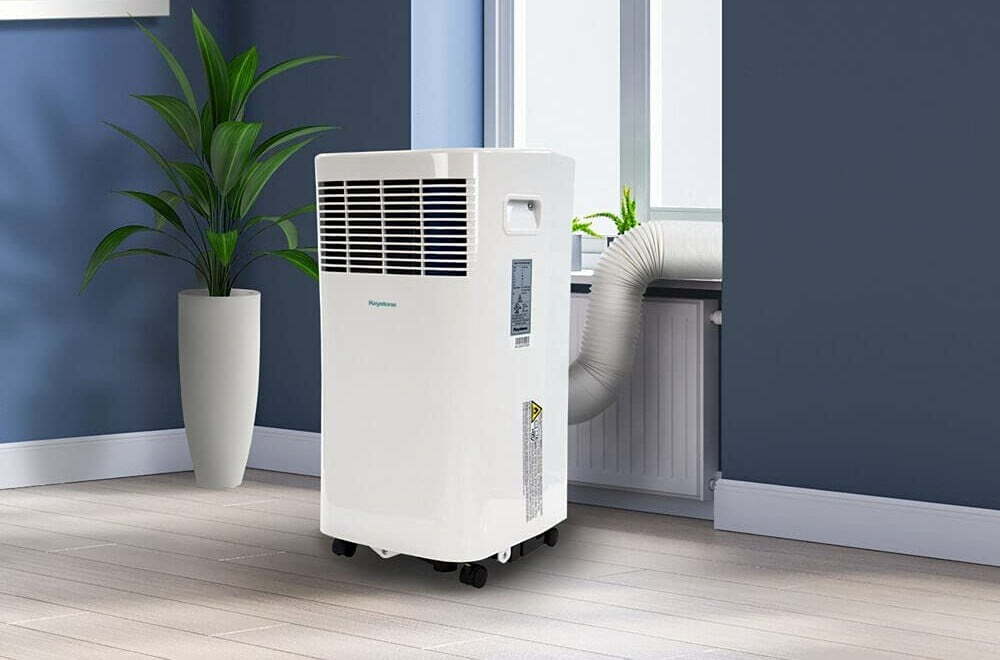
![Best Air Conditioners in [year] ([month] Reviews) 27 Best Air Conditioners in 2026 (January Reviews)](https://www.gadgetreview.dev/wp-content/uploads/best-air-conditioners-image.jpg)
![Quietest Through The Wall Air Conditioners in [year] 28 Quietest Through The Wall Air Conditioners in 2026](https://www.gadgetreview.dev/wp-content/uploads/quietest-through-the-wall-air-conditioner-image.jpg)
![Best 10000 BTU Air Conditioners in [year] 29 Best 10000 BTU Air Conditioners in 2026](https://www.gadgetreview.dev/wp-content/uploads/best-10000-btu-air-conditioner-image.jpg)
![Best 15000 BTU Air Conditioners in [year] 30 Best 15000 BTU Air Conditioners in 2026](https://www.gadgetreview.dev/wp-content/uploads/best-15000-btu-air-conditioner-image.jpg)
![Best 15000 BTU Window Air Conditioners in [year] 31 Best 15000 BTU Window Air Conditioners in 2026](https://www.gadgetreview.dev/wp-content/uploads/best-15000-btu-window-air-conditioner-image.jpg)
![Best 12000 BTU Air Conditioners in [year] 32 Best 12000 BTU Air Conditioners in 2026](https://www.gadgetreview.dev/wp-content/uploads/best-12000-btu-air-conditioner-image.jpg)
![Best Photocatalytic Oxidation Air Purifiers in [year] 33 Best Photocatalytic Oxidation Air Purifiers in 2026](https://www.gadgetreview.dev/wp-content/uploads/best-photocatalytic-oxidation-air-purifier-image.jpg)
![Best Ventless Portable Air Conditioners in [year] 34 Best Ventless Portable Air Conditioners in 2026](https://www.gadgetreview.dev/wp-content/uploads/best-ventless-portable-air-conditioner-image.jpg)
![Best Window Air Conditioners with Heat in [year] 35 Best Window Air Conditioners with Heat in 2026](https://www.gadgetreview.dev/wp-content/uploads/best-window-air-conditioner-with-heat-image.jpg)
![Best Inverter Air Conditioners in [year] 36 Best Inverter Air Conditioners in 2026](https://www.gadgetreview.dev/wp-content/uploads/best-inverter-ac-image.jpg)
![Best HEPA Air Purifiers in [year] 37 Best HEPA Air Purifiers in 2026](https://www.gadgetreview.dev/wp-content/uploads/best-hepa-air-purifier-image.jpg)
![Best Quiet Window Air Conditioners in [year] 38 Best Quiet Window Air Conditioners in 2026](https://www.gadgetreview.dev/wp-content/uploads/quiet-window-air-conditioner-image.jpg)
![Best Energy Efficient Window Air Conditioners in [year] 39 Best Energy Efficient Window Air Conditioners in 2026](https://www.gadgetreview.dev/wp-content/uploads/best-energy-efficient-window-air-conditioner-image.jpg)
![Best Quiet Portable Air Conditioners in [year] 40 Best Quiet Portable Air Conditioners in 2026](https://www.gadgetreview.dev/wp-content/uploads/quiet-portable-air-conditioner-image.jpg)
![Best 6000 BTU Air Conditioners in [year] 41 Best 6000 BTU Air Conditioners in 2026](https://www.gadgetreview.dev/wp-content/uploads/best-6000-btu-air-conditioner-image.jpg)
![Best 8000 BTU Air Conditioners in [year] 42 Best 8000 BTU Air Conditioners in 2026](https://www.gadgetreview.dev/wp-content/uploads/best-8000-btu-air-conditioner-image.jpg)
![Best Small Window Air Conditioner in [year] 43 Best Small Window Air Conditioner in 2026](https://www.gadgetreview.dev/wp-content/uploads/best-small-window-air-conditioner-image.jpg)
![Best 5000 BTU Air Conditioners in [year] 44 Best 5000 BTU Air Conditioners in 2026](https://www.gadgetreview.dev/wp-content/uploads/best-5000-btu-air-conditioner.jpg)
![Best Mini Split in [year] 45 Best Mini Split in 2026](https://www.gadgetreview.dev/wp-content/uploads/best-ductless-mini-split-air-conditioner-image.jpg)
![10 Best Portable Air Conditioners and Heaters in [year] 46 10 Best Portable Air Conditioners and Heaters in 2026](https://www.gadgetreview.dev/wp-content/uploads/best-portable-air-conditioner-and-heater-image.jpg)
